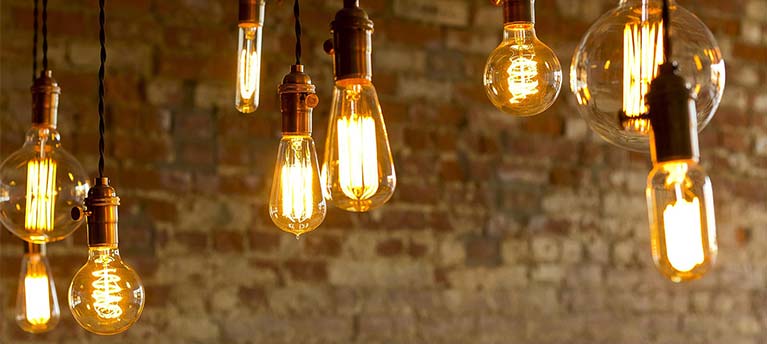

Being Lean
Businesses can contribute to lower emissions by using less energy.
Clearly, there should be no action that compromises operational effectiveness or productivity within the business, but the first step should be to ensure operational efficiency to eliminate waste and unnecessary emissions. This is particularly important for manufacturers, retailers, and other large-scale users of power.


Building Management Systems (BMS)
A Building Management System (BMS) offers a unified software interface for controlling an office block. A BMS makes it easy to control all mechanical equipment, including lighting, power systems, ventilation, air conditioning, and heating. An analytics package will track potential savings, and then help deliver and monitor those improvements over time. Some buildings use sensors to identify locations where staff are working, so under-used zones can be shut down. An effective BMS can manage up to 95% of a building’s energy consumption without the need for major equipment installation.78 Marks & Spencer, with 600 sites nationwide, achieved a 34% energy reduction by implementing a lean philosophy based around a BMS, implemented in partnership with E.ON.
Read our case study about how we helped M&S save £100m with smarter energy management.
Have you tried LED?
LED lights are a great way to reduce the dependency on fossil fuel-based generation. They typically consume 85% less energy than traditional incandescent lights.79 However, the return on investment is a little more complex: LED bulbs are more expensive, but also last longer, typically between 10,000 to 15,000 hours. A longer operational life means lower maintenance costs – significant for enterprises with awkward fixtures, such as retail or warehouse space needing a cherry picker and team to replace bulbs.





